Optibus conducted a survey for public transportation professionals in December 2022, and the results showed five priorities for 2023.
According to the survey, the top five are:
Optibus’ latest survey unveiled the top five public transportation and technology trends and identified the key challenges and priorities for the industry for 2023.

More than 250 planners, schedulers, executives, dispatchers, IT professionals, and more from employer backgrounds participated in the survey.
Photo: Optibus/Canva
Optibus conducted a survey for public transportation professionals in December 2022, and the results showed five priorities for 2023.
According to the survey, the top five are:
Driver satisfaction and retention.
Use of real-time information.
Passenger experience.
Fleet electrification.
Cost savings.
More than 250 planners, schedulers, executives, dispatchers, IT professionals, and more from employer backgrounds participated in the survey. They represented 24 countries, according to Optibus.
Starting with the top trend, Optibus’ survey showed that passenger experience and predictability of services for passengers was the number one priority for 64% of respondents
The workforce shortage has made improving the passenger experience difficult for some agencies. According to the survey, hiring and retaining drivers tied for second place in terms of improvement priorities, for 51% of respondents, alongside the need to shift to electric and zero-emissions vehicles.
Optibus expected that driver well-being was the top priority but was only listed by 51% of participants.
This was the most surprising result for Abigail Levner, head of public relations and communications at Optibus.
“Only half of the respondents said that lifestyle rostering and driver well-being would be a priority in 2023,” Levner said. “Given the severity of driver shortages and that services cannot run without people behind the wheel, I expected more respondents to be urgently looking at how to make the profession more attractive.”
EV fleets came in as the No. 3 priority, with around 39% of respondents interested in EV fleet scheduling.
Driver communication is where the use of real-time information comes into play.
“Real-time communication is essential for ensuring the safety of passengers, drivers, and pedestrians, as well as the efficiency and cost-effectiveness of the transportation system,” the Optibus survey noted.
Approximately 57% of respondents wanted to inform drivers in real time about shift or route changes.
Other top driver communication needs included improving the accuracy of the information given to drivers before shifts begin (47%) and increasing schedule flexibility (45%).
Phone hotlines, website updates, and in-station signage are common methods of communicating with passengers. However, Optibus noted that these methods can be slow, and the information may not remain accurate or up-to-date.
This led to 62% of respondents wanting to provide passengers with real-time updates about route changes or delays. Over half of the respondents also want to better relay that information on passenger apps and websites (52%) and nearly half want to create more informative maps (47%), according to the survey.
Methods that can be used for real-time notifications are a mobile app or website, along with integration with platforms like Google Maps and social media.
“One of the recurring trends in the survey responses was an interest in real-time management tools,” Levner said. “And yet 30% of respondents said their work is done either manually or using very simple digital tools. Instant and real-time information is the norm in so many industries, but it won’t become the standard in public transportation until the industry is completely digitized.”
The Optibus survey also explored how the use and adoption of technology can help the issues that the public transportation industry is facing, citing that the use of technology can help operators to save costs while improving service efficiency.
The survey showed that 46.6% of respondents use an integrated software platform, 23.3% use an advanced software platform that has helped automate and improve workflows, 22.5% have some basic digital tools to support key tasks, and 7.5% use pen and paper.
Optibus added that to effectively reduce the cost of a bus operation, peak vehicle requirements (PVR) and the total vehicle distance traveled must be optimized.
“Advanced transportation planning and management software can help companies leverage AI and algorithms to gain visibility into areas of waste and inefficiency, and easily optimize their operations to reduce labor, fuel, emissions, and vehicle costs,” the survey noted.
Even though 2022 was coming to an end and the world was welcoming 2023, Optibus asked participants to look ahead.
The company asked what trends will have the most impact on organizations in the next three years.
Driver shortages and electrification were the top two topics in North America.
The survey showed that 60% of respondents believe driver shortages will have the greatest long-term impact on their organization, and 49.45% believe it will be transitioning to an electric fleet.
Other results from North America:
39.56% responded with rising passenger experience expectations.
29.67% responded with increasing equity and safety.
19.78% responded with data security.
42.86% responded with low ridership levels.
27.47% responded with inflation and reducing fuel costs.
23.08% responded with government reforms.
“Optibus is all about bringing the industry together and getting people to talk about their challenges and ideas,” Levner said. “A lot of solutions come out of those conversations. We recently had a client event in London and saw that even though people came from different countries and service provider types. There was a lot of great dialogue about what we need to be doing as an industry to help each other overcome hurdles. That’s the sort of energy that is going to push the industry forward. We hope this report helps the industry to tune into what other operators, agencies, and cities are looking at in the coming year.”
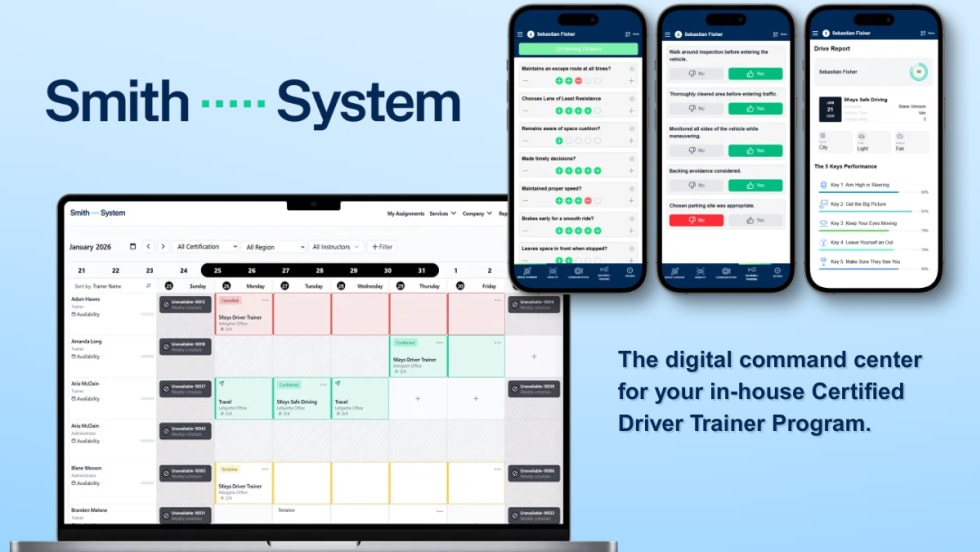
The new hub digitizes trainer-led safety programs, reducing admin work and giving fleets clearer insight into driver behavior.
Read More →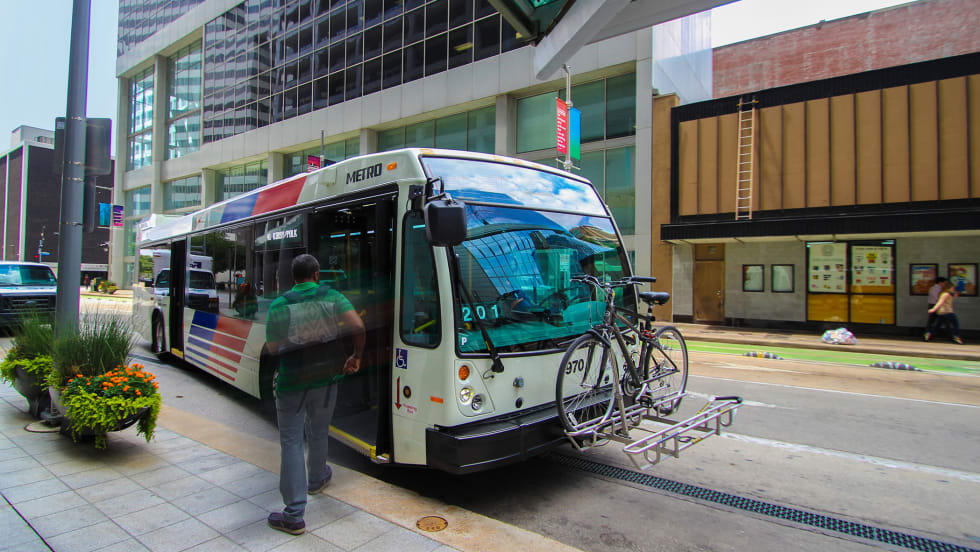
The upgraded system, which went live earlier this month, supports METRO’s METRONow vision to enhance the customer experience, improve service reliability, and strengthen long-term regional mobility.
Read More →
CEO Nat Ford’s address offered a look at highlights from 2025, with a focus on the future and the innovative ways the JTA is shaping mobility in Northeast Florida.
Read More →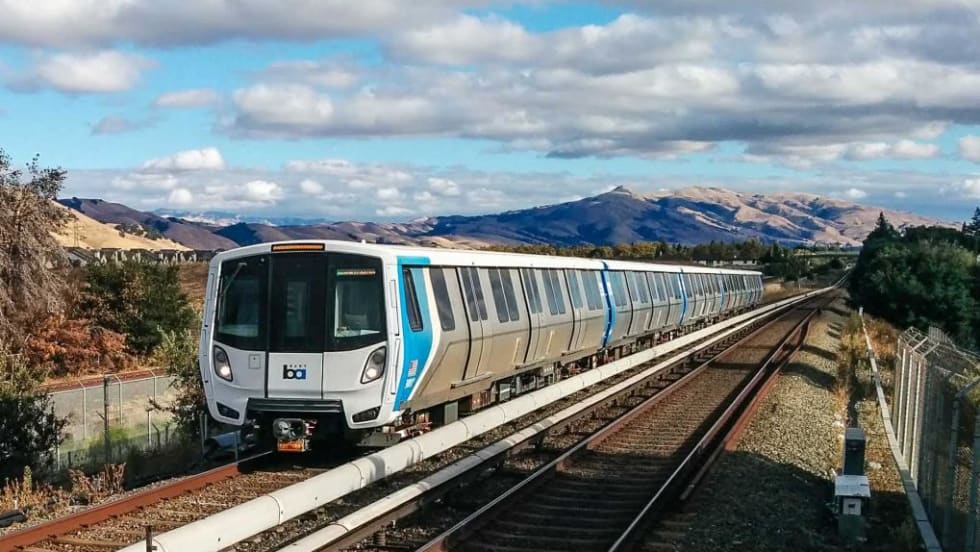
Stay informed with these quick takes on the projects and companies driving progress across the transportation landscape.
Read More →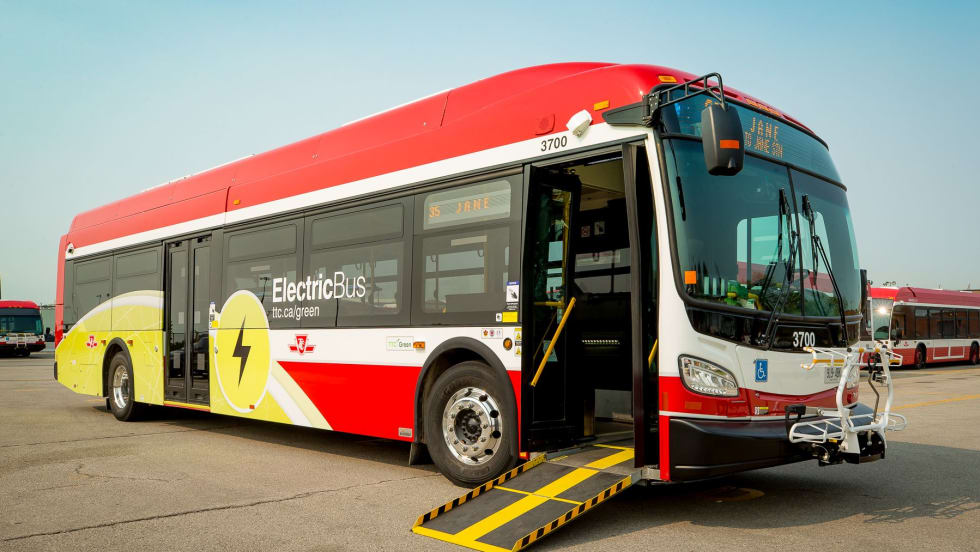
The pilot also includes new in-vehicle displays designed to reduce blind spots and improve operator visibility.
Read More →
Expected to enter service in 2029, these locomotives support the agency’s commitment to offer reliable and efficient rail transportation across South Florida.
Read More →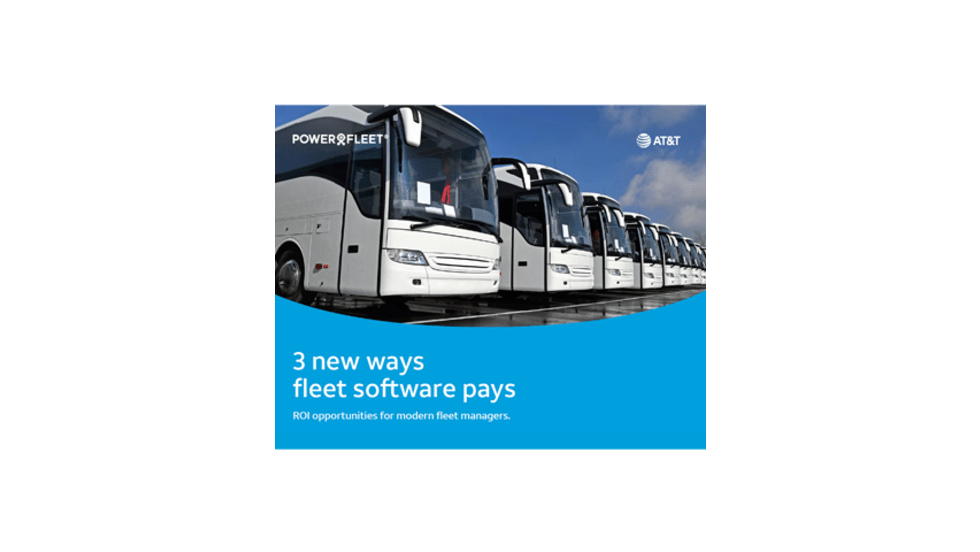
Transit agencies depend on safe, reliable vehicles to deliver consistent service. This eBook examines how next-generation fleet software helps agencies move from reactive processes to proactive operations through automated maintenance, real-time safety insights, and integrated data. Learn how fleets are improving uptime, safety outcomes, and operational efficiency.
Read More →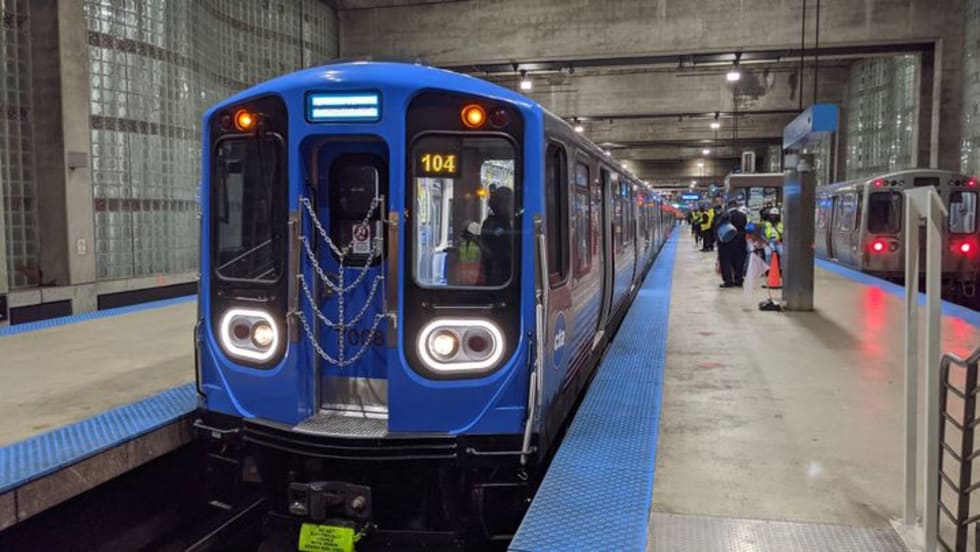
The new filters include substantially more activated carbon than traditional HVAC filters, which is especially helpful in providing a better transit riding experience for vulnerable populations, particularly children, seniors, and people with chronic illnesses, according to the CTA.
Read More →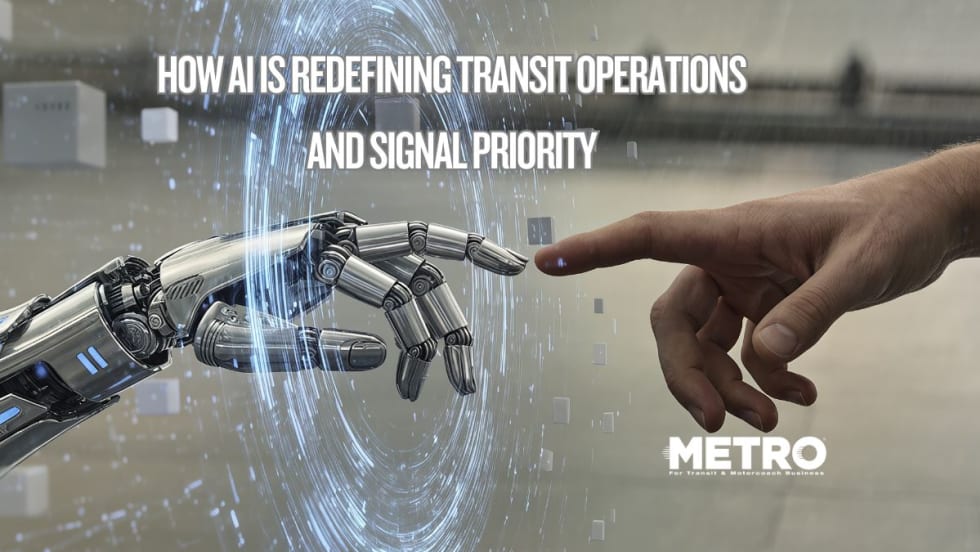
In a recent episode of METROspectives, LYT CEO Timothy Menard discusses how artificial intelligence, cloud connectivity, and real-time data are transforming traffic management, boosting bus reliability, and enabling system-wide transit optimization across cities.
Read More →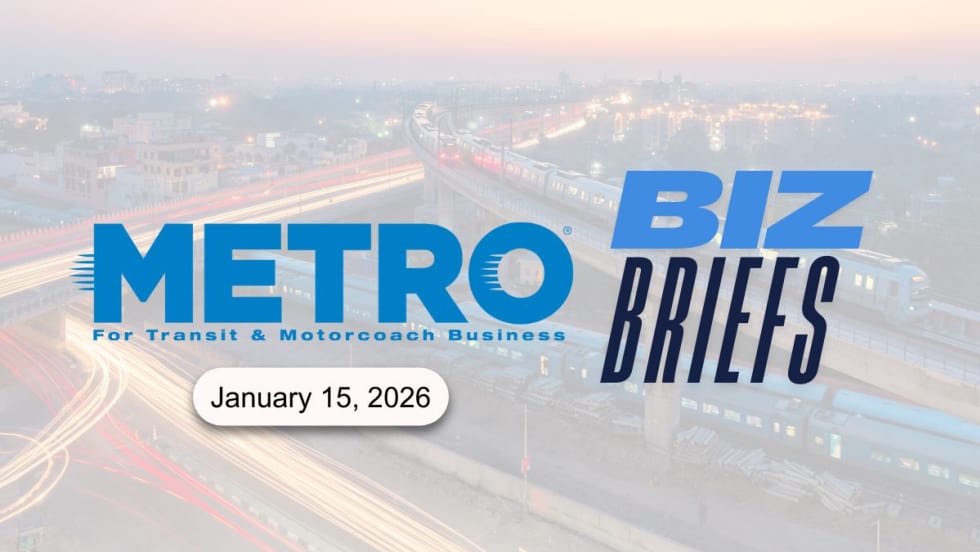
Stay informed with these quick takes on the projects and companies driving progress across the transportation landscape.
Read More →